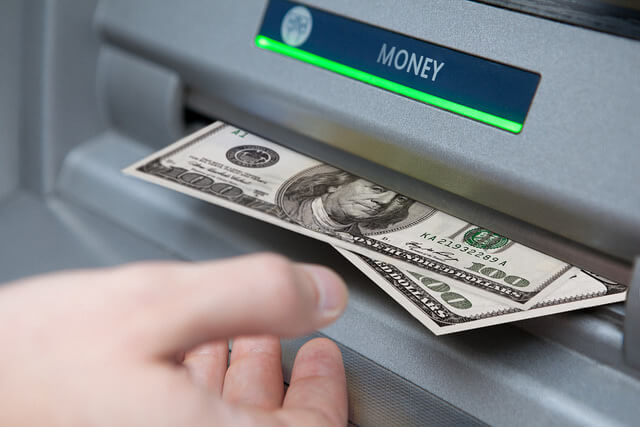
Source: Flickr user Tax Credits.
Many student borrowers wonder about the idea of loan assistance or forgiveness. There are often ads everywhere for “Obama Loan Forgiveness” programs–but are they legit?
We investigated a number of companies and options to learn about these programs and figure out which ones are fact and which ones are peddling fiction.
Unfortunately–as you may have guessed–many programs offer perks that seem too good to be true, and they are. A number of these companies offer misleading benefits and can even be potentially fraudulent. So, it’s vital for you to research any company before proceeding with any kind of loan assistance or forgiveness program.
Legitimate student loan assistance and forgiveness
The good news is that if you are seeking forgiveness or assistance for your student loans, there are, in fact, some legitimate programs out there that can help you deal with your student loan payments.
They may not offer miracle solutions, but they can be extremely helpful for some borrowers.
1. Federal loan forgiveness from the U.S. Dept of Education
If you have Federal Direct Loans, you can qualify to have some portion of your debt forgiven–if you meet the criteria.
The good news is that almost anyone could theoretically qualify for some forgiveness programs (e.g., for working in public service). There are also other programs specifically for certain professions, such as teacher loan forgiveness programs.
Of course, in order to qualify for this forgiveness, the borrower will need to meet a myriad of requirements, not the least of which is a 10-year work history at a non-profit or government program, or similar work experience.

2. Federal loan deferment and forbearance
Along with Federal Direct student loans come a number of loan protections that are designed to help protect students from defaulting on their student loans.
Deferment and forbearance both allow students to make either no payment on their federal student loans or a lowered payment.
Deferment is generally the most desirable, as borrowers who qualify for federal student loan deferment can also have their interest paid for by the federal government. But, this is also not applicable in all situations and requires specific circumstances and approval. Student loans in forbearance will still accumulate interest during this period of non-payment.
3. Federal income-based repayment programs
Borrowers also have the option to change their federal loan repayment schedule to one of several income-based repayment programs.
These can save you a lot on monthly student loan payments. But, it’s also important to realize that they can also extend your repayment period to 20+ years. So, while you may save money in the short term, you might be left paying your loans for much longer and ultimately pay a higher interest rate over time.
4. Private lender deferment, forbearance programs
If you have private student loans or have refinanced your student loans through a private lender, you may be able to qualify for some form of deferment or forbearance.
Not all private lenders offer these protections. However, you should be able to quickly find out by visiting their website or calling their customer service line.
Student loan assistance and forgiveness programs to watch out for
While there are many legitimate options available to students, there are some less-scrupulous organizations out there that prey on the desperation of borrowers looking for “magical” fixed to their student debt problems.
Luckily, they’re usually pretty easy to spot if you know what to look for.
1. Third-party referral services
What to watch out for: Up-front fees or promises of student loan forgiveness from non-government entities
Many of the student loan assistance and referral programs out there are simply for-profit organizations that offer “help” for a fee.
While these organizations aren’t technically doing anything wrong–most of them simply connect you to the available programs listed above–they often charge borrowers a fee simply for telling them about resources that are already available to them.
As a general rule, you should never pay an upfront fee for any help or assistance with your student loans.
2. Predatory lending organizations
What to watch out for: “Miracle” solutions, high-interest rates, high lending origination fees, or additional monthly fees
The other major category of student loan assistance programs to look out for are predatory lenders that target borrowers with poor credit and/or desperate situations.
These types of programs can be very enticing if you find yourself in a very difficult financial situation. However, they generally charge exorbitant fees and interest to borrowers with less-than-perfect credit and promise miracles that they can’t deliver.


